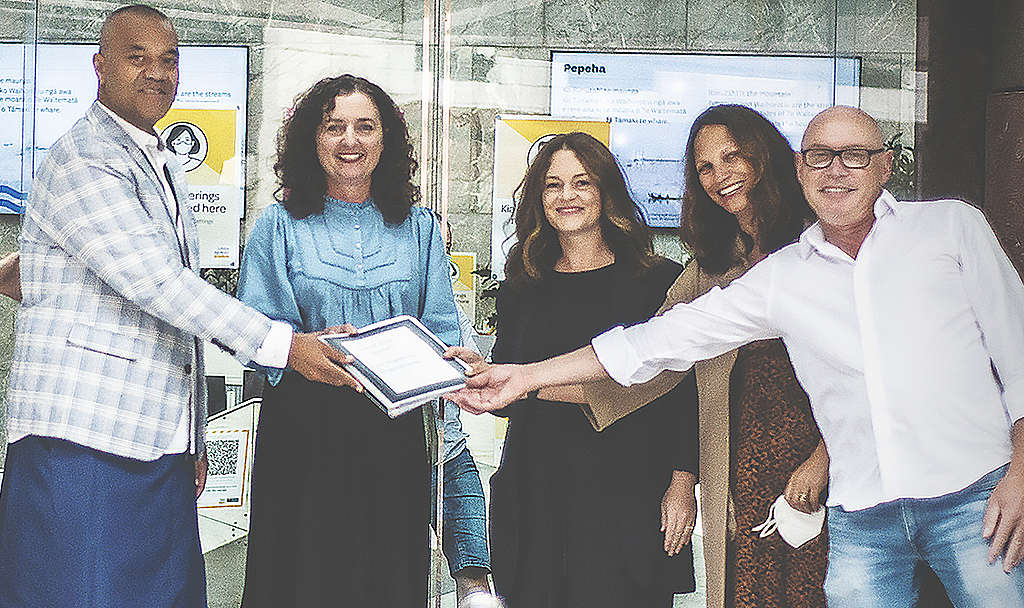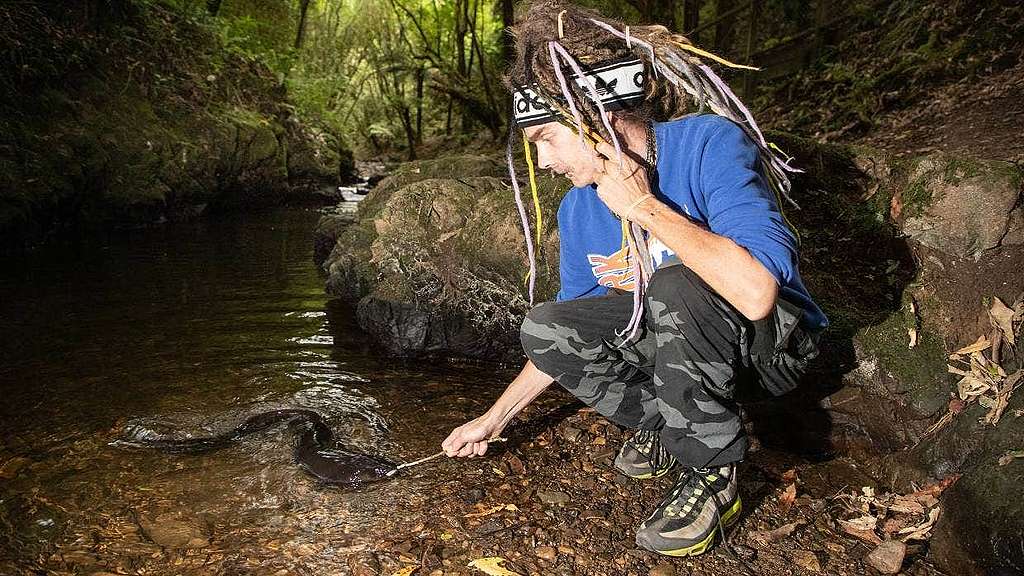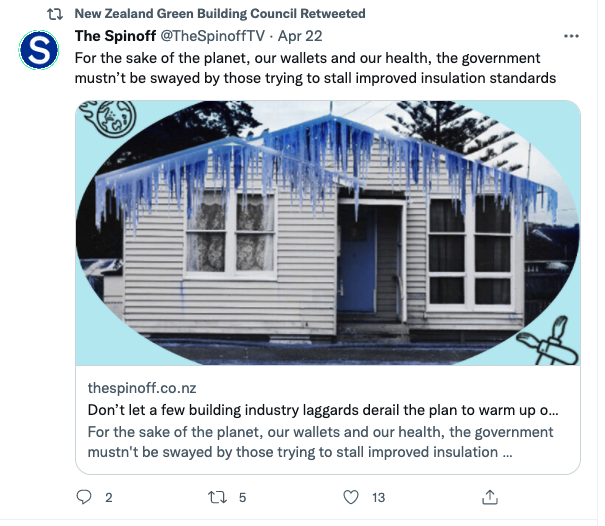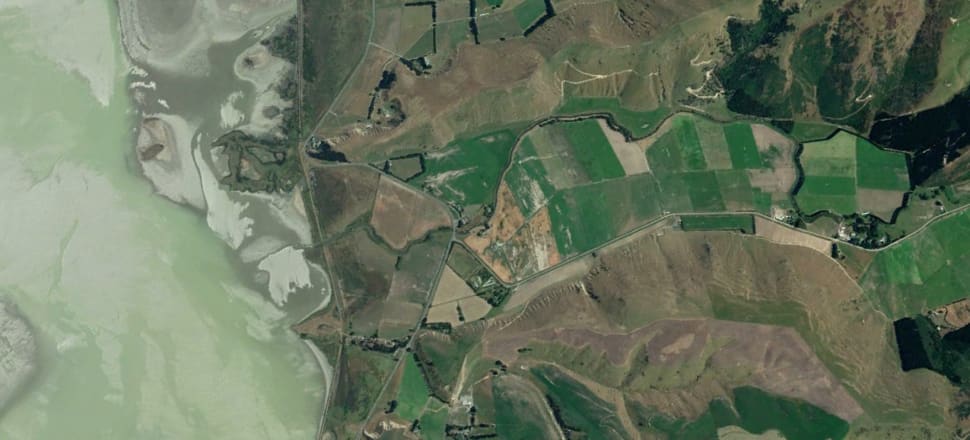Local communities around Aotearoa are standing up for our planet to resist destruction, protect wild places and animals, and transform our human systems. Here’s a snapshot of the latest activity from community-led campaigns for the environment!
💚 Hosted by Greenpeace Aotearoa on Greenpeace Community.

Court decision backs up community efforts to protect Pakiri
An application to extract massive amounts of sand from the Pakiri and Mangawhai coastline has been rejected in court.
Local groups have been opposing sand mining at Pakiri and nearby Mangawhai beach for decades. This beautiful stretch of white sand, about two hours north of Auckland, is home to rare species including the critically endangered fairy tern. Yet a mining company is also using it as a major source of sand for the construction industry.
In the face of new applications to take more sand, volunteer group Save Our Sands (with Te Whānau O Pakiri and Friends of Pakiri Beach, Endangered Species Foundation) gathered submissions, gained media attention and delivered their petition to the Mayor and councillors.
In the first of three decisions, the court declined the first consent to take more sand. It said the mining company failed to provide evidence their activities were not harming the seabed or beach.
This is a great win for Save Our Sands! It’s also a great win for us all, as a precedent for future decisions to protect the sea floor from extractive practices, such as seabed mining.
The campaign continues until the sand mining ends. Sign the Save Our Sands petition calling for an end to sand mining at Pakiri.
End ‘single-use’, return to ‘reuse’
Last week the team at Takeaway Throwaways delivered a 10,000 strong petition to Minister for the Environment David Parker. They‘re calling on the Government to end single use plastic, and give support to scale up reuse solutions.
Hannah and the team at Takeaway Throwaways are growing awareness and building support for the potential of reuse solutions. While the Government has taken steps to ban some single use plastic items, our elected representatives could be doing a lot more to scale up the options and systems that would make it easy to end a throwaway culture.
In accepting the petition Minister Parker shared that when he gets takeaways at work, he brings his own ceramic plate and takes it back to his office in the lift!
Sign their petition to stay in touch with the campaign as they take it to the Select Committee.
💚 You still have time to make a submission for a strong community-led container deposit scheme led by the Kiwi Bottle Drive. A good scheme will increase the circularity of beverage containers, ensure producer responsibility and deliver maximum benefits to the community.

At risk – yet fished for profit
The longfin eel, or tuna, are special wildlife found only in New Zealand. They are endangered, and yet still commercially fished, sold and exported.
Liam is a Wellingtonian who loves visiting the tuna in his local inner city park, Ōtari Wilsons Bush. He was shocked to find out tuna are not protected, and are at risk of extinction. After talking to the park staff, and doing more research he has started a campaign to protect them, and is looking for others who care about the tuna to join him.
“When you spend time with them, interact with them – they are intelligent, they have personalities. They’re totally unique. They should be protected, just like the kiwi, kea, and kererū.” says Liam.
Already he has been successful in gaining media stories talking about the problem. Liam plans to organise support and public momentum over the next few months towards real protection.
Add your name to support a moratorium on the plunder of the precious tuna of Aotearoa.
💚 Do you have an idea for protecting the wildlife, rivers, oceans, land, or biodiversity of Aotearoa? Check out these tips and resources on how to prepare, launch and build a petition-based, people-powered campaign using the Community tools.

Improved insulation means less carbon emissions and warmer homes
The New Zealand Green Building Council is calling on Climate Change Minister James Shaw to step in to prevent delays to improved insulation standards.
Good insulation in houses is essential to the health and wellbeing of us all in winter. Yet New Zealand homes are famous for being poorly insulated fridges. And cold, damp and mould in our houses is associated with asthma and infections.
By making our homes and buildings cosier, more snug places, which have greatly improved insulation we’ll all be healthier. Plus insulation just makes sense to save energy and it’s a smart use of resources.
Our elected representatives are set to introduce higher standards for new buildings that will mean they are well insulated. That’s great!
But there is resistance from a minority of voices within the construction industry who are blocking this necessary improvement to the standards.

More cows proposed for the shores of Te Waihora (Lake Ellesmere)
Annelies is part of a catchment group called Little River Eco Collective. They are coming together to demand Environment Canterbury stop a proposal to build an industrial feedlot farm that would add thousands more cows in the catchment of Te Waihora (Lake Ellesmere).
Feedlots are a style of intensive indoor farming that is focused on increased production from animals, in larger numbers, in smaller spaces. Christchurch City Council has given consent to the building of two 200m-long indoor barns, or feedlots, holding up to 1000 cows each, raised for beef, on Banks Peninsula.
Lake Ellesmere/Te Waihora already suffers enormously from pollution from current farming practices. Add your name to support their call to stop the proposed feedlots.
💚 Is there an environmental issue close to your heart? By making a simple plan, launching a petition, and organising with friends, colleagues, and whānau, any of us can spark a movement and bring people together for Papatūānuku. Start a campaign today
